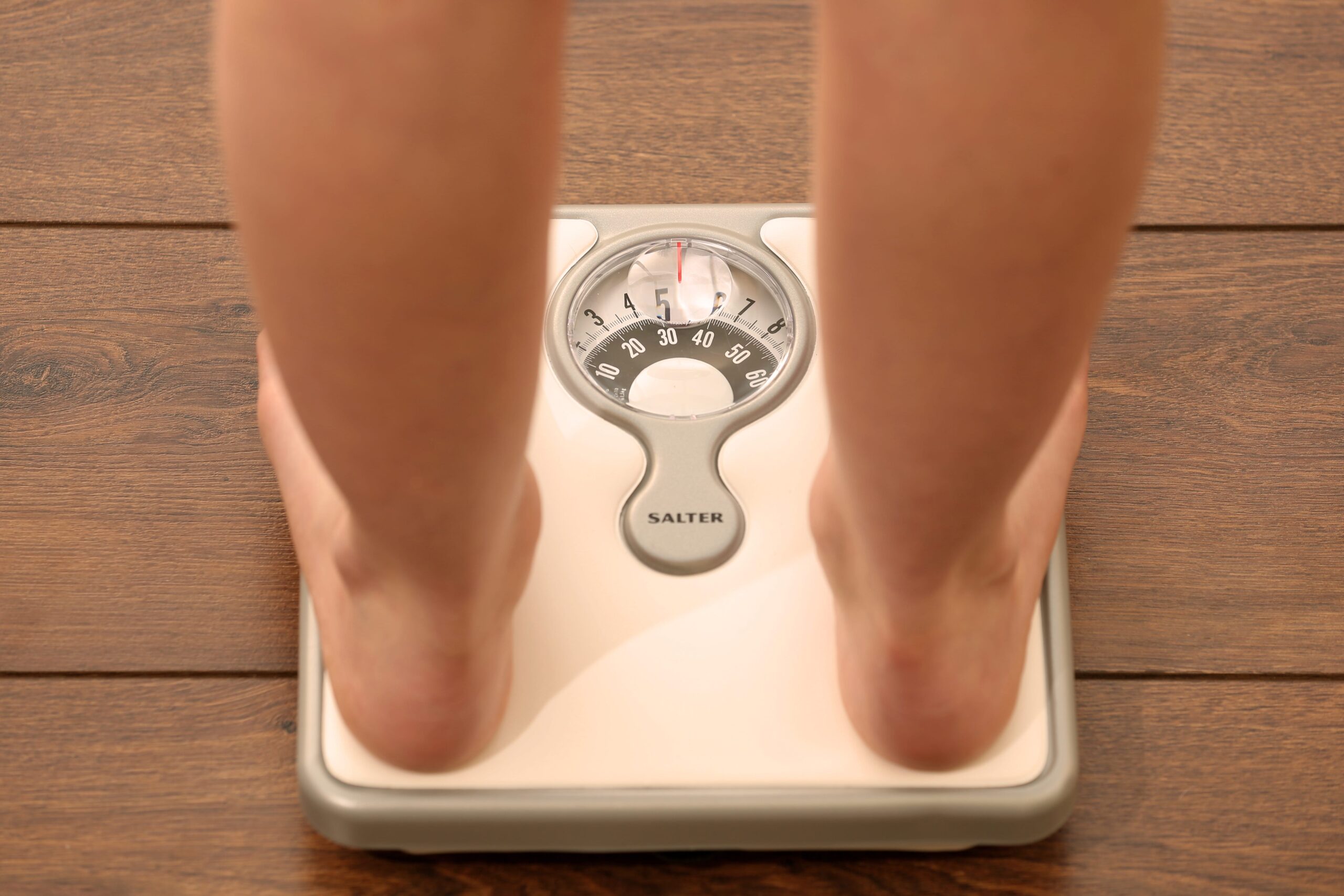Restaurants could be forced to report the number of calories customers consume as part of a government move to crack down on obesity.
The Department of Health and Social Care (DHSC) will expect restaurants with more than 250 employees to report the average number of calories diners consume under the plans, which are set to be put to public consultation.
The data would be used to make big restaurant chains and fast food giants “increase the healthiness of sales” and reduce the food intake of customers.
Kate Nicholls, the chief executive of UK Hospitality, a trade body that represents restaurants, said the industry had been “totally blindsided” by the plans.
She warned the proposals would lead to “random, mandatory targets” and add “further red tape and costs” to a struggling industry.

“Mandatory reporting and set targets with unclear outcomes will only add to the financial burden for [restaurants],” Ms Nicholls told The Times.
“[They are] already battling to keep prices low and quality high for hard-working families wanting to enjoy the occasional treat and meal out.”
The DHSC said the plans would go out for consultation once the government’s ten-year obesity strategy was published in full this week.
A spokesperson told The Independent: “We have been clear that we will develop the scope of the proposals with industry ahead of a public consultation. This will help us create a health service fit for the future under the Plan for Change.
“Obesity costs the NHS £11.4bn per year and one in five children now leaves primary school with obesity, so we need to take action to address this crisis, but our approach will be more nudge than nanny.”
In 2022, restaurants, cafes and takeaways with more than 250 staff were forced to print how many calories were in meals on their menus, websites, and on delivery platforms.
The measures were introduced to “ensure people are able to make more informed, healthier choices when it comes to eating food”.
But a 2024 study published in Nature Human Behaviour found that the labelling made no difference to how many calories people bought or ate.
Dr Megan Polden from the University of Liverpool surveyed more than 6,000 people who bought food in more than 330 outlets, including pubs, restaurants, cafes and fast food outlets.
They surveyed the customers before the changes were introduced and after, but found the labels had made no significant impact on how many calories they ate.
The labels did make people more aware of how many calories were in their food, however, even if it didn’t change what they consumed.
Reacting to the study, Tom Quinn, director of external affairs at eating disorder charity Beat, said: “This vital research adds to a growing bank of evidence: calorie labelling on menus doesn’t help anyone.
“For those with eating disorders, calorie labelling can worsen feelings of anxiety and stress and lead to harmful behaviours such as binge eating, exercising excessively or restricting food.”
